Environmental Field Experience
In order to achieve the SDGs, it is important to accurately grasp the current situation and issues of the region and the international
community, and to take actions to resolve them. In particular, environmental problems and urban problems are characterized
by drastic changes due to social conditions and technological innovation. In order to solve the problems, it is effective
to go to the site and check the current situation with your own eyes, or actually plan and put into practice activities that
contribute to the achievement of the SDGs. The achievements of these activities will also be a weapon in job hunting.
Therefore, in this training, you will go out of the university and learn practically about the actual situation of the "field" of community development and environmental activities through actual measurement of architecture, city, environment and planning and management of local activities. At the same time, we will provide an opportunity to think about environmental regeneration and regional regeneration toward the achievement of the SDGs.
Classes consist of planning / practical activities and presentations. These are carried out approximately once a month, each time over a day. On-site training will be conducted on Saturdays, Sundays, and holidays and during the summer vacation, and pre-study will be conducted on Wednesdays during the 5th period. After completing each exercise, prepare a report in the prescribed format. Presentations are mandatory, and participants will be selected to participate more than the specified number of times (compulsory number of frames) during the training.
Therefore, in this training, you will go out of the university and learn practically about the actual situation of the "field" of community development and environmental activities through actual measurement of architecture, city, environment and planning and management of local activities. At the same time, we will provide an opportunity to think about environmental regeneration and regional regeneration toward the achievement of the SDGs.
Classes consist of planning / practical activities and presentations. These are carried out approximately once a month, each time over a day. On-site training will be conducted on Saturdays, Sundays, and holidays and during the summer vacation, and pre-study will be conducted on Wednesdays during the 5th period. After completing each exercise, prepare a report in the prescribed format. Presentations are mandatory, and participants will be selected to participate more than the specified number of times (compulsory number of frames) during the training.
Go out of the university and learn practically about the actual situation of the "field" of community development and environmental
activities through actual measurement of the environment and planning and management of community activities. At the same
time, it will provide an opportunity to think about regional issues related to the 17 goals of the SDGs. In other words, the
purpose of this class is to practically learn about the current situation and issues of the "field" of community development
and environmental activities, and to plan and practice activities related to the SDGs. In addition, among the unique SDGs
listed by the department, the main purpose is to realize S: service learning = social contribution.
- Students can deepen your understanding of the environment and community development, how planning and practical activities are linked to the achievement of the 17 goals of the SDGs.
- Students can accurately carry out on-site interviews and liaison and coordination with cooperators.
- Students can create articles, videos, games, etc. to convey in an easy-to-understand manner about local activities and SDGs efforts of interview cooperators.
- Presentation ability can be improved by organizing and presenting the learning results.
| Class schedule | HW assignments (Including preparation and review of the class.) | Amount of Time Required | |
|---|---|---|---|
| 1. | Overall plan, what is service learning (social contribution), relationship with the United Nations SDGs | Organize the purpose and characteristics of learning, and clarify the points of learning in practical training. | 90minutes |
| 2. | Creation of SDGs games for children and management of study sessions | Organize the purpose and characteristics of learning, and clarify the points of learning in practical training. | 90minutes |
| 3. | Creation of SDGs games for children and management of study sessions | Organize the purpose and characteristics of learning, and clarify the points of learning in practical training. | 90minutes |
| 4. | Coverage and article creation of SDGs achievement activities in agricultural and mountain villages | Organize the purpose and characteristics of learning, and clarify the points of learning in practical training. | 90minutes |
| 5. | Coverage and article creation of SDGs achievement activities in agricultural and mountain villages | Organize the purpose and characteristics of learning, and clarify the points of learning in practical training. | 90minutes |
| 6. | Coverage and article creation of SDGs achievement activities in agricultural and mountain villages | Organize the purpose and characteristics of learning, and clarify the points of learning in practical training. | 90minutes |
| 7. | Coverage of SDGs achievement activities of companies and creation of videos | Organize the purpose and characteristics of learning, and clarify the points of learning in practical training. | 90minutes |
| 8. | Coverage of SDGs achievement activities of companies and creation of videos | Organize the purpose and characteristics of learning, and clarify the points of learning in practical training. | 90minutes |
| 9. | Coverage of SDGs achievement activities of companies and creation of videos | Organize the purpose and characteristics of learning, and clarify the points of learning in practical training. | 90minutes |
| 10. | Coverage of SDGs achievement activities by governments and NPOs and creation of articles | Organize the purpose and characteristics of learning, and clarify the points of learning in practical training. | 90minutes |
| 11. | Coverage of SDGs achievement activities by governments and NPOs and creation of articles | Organize the purpose and characteristics of learning, and clarify the points of learning in practical training. | 90minutes |
| 12. | Choose one of the above themes to prepare your presentation | Organize the purpose and characteristics of learning, and clarify the points of learning in practical training. | 90minutes |
| 13. | Choose one of the above themes to prepare your presentation | Organize the purpose and characteristics of learning, and clarify the points of learning in practical training. | 90minutes |
| 14. | Presentation by choosing one theme from the above | Organize the purpose and characteristics of learning, and clarify the points of learning in practical training. | 180minutes |
| Total. | - | - | 1350minutes |
| レポート | プレゼンテーション | Total. | |
|---|---|---|---|
| 1. | 20% | 20% | 40% |
| 2. | 20% | 20% | 40% |
| 3. | 10% | 10% | 20% |
| Total. | 50% | 50% | - |
Each time, the evaluation is made on a scale of 100 points, the total score is calculated by "the top two points of the program
that participated + the score of the presentation", and the total score is divided by the number of required participation
frames 3 to be the evaluation point. Therefore, in order to take credits (60 points), a total of 60 points x 3 = 180 points
is required.
In addition, there are restrictions on taking each course, and you cannot participate in all the courses.
In addition, there are restrictions on taking each course, and you cannot participate in all the courses.
Distribute prints as appropriate. In addition, reference materials may be downloaded from the file of the faculty member in
charge on the university network.
The training program will be explained in the first guidance of the first and second semesters. Select the program you want
to participate in (equivalent to 14 regular lectures) and declare it in advance. Details will be explained in the guidance.
[Notes on attendance]
(a) Guidance and pre-study will be conducted in the 5th period on Wednesday in principle, so do not take other courses offered at the same time.
(b) The training will be conducted irregularly, such as on weekends and holidays and during holidays, so adjust the schedule.
(c) In principle, transportation expenses to the site shall be borne by the individual.
[Notes on attendance]
(a) Guidance and pre-study will be conducted in the 5th period on Wednesday in principle, so do not take other courses offered at the same time.
(b) The training will be conducted irregularly, such as on weekends and holidays and during holidays, so adjust the schedule.
(c) In principle, transportation expenses to the site shall be borne by the individual.
- It is desirable to make an appointment with the faculty member in advance and consult with them.
- Wednesday lunch break (during the second half) and before and after class hours
(Meetings may be held in a hurry during the lunch break, so please contact us in advance by e-mail etc. if possible just in case.)
- Course that cultivates an ability for utilizing knowledge
- Course that cultivates a basic interpersonal skills
- Course that cultivates a basic self-management skills
- Course that cultivates a basic problem-solving skills
| Work experience | Work experience and relevance to the course content if applicable |
|---|---|
| Applicable | Each faculty member selects the area involved in city planning practice, architectural design practice, and environmental planning as a field, and develops tours and service learning there. |
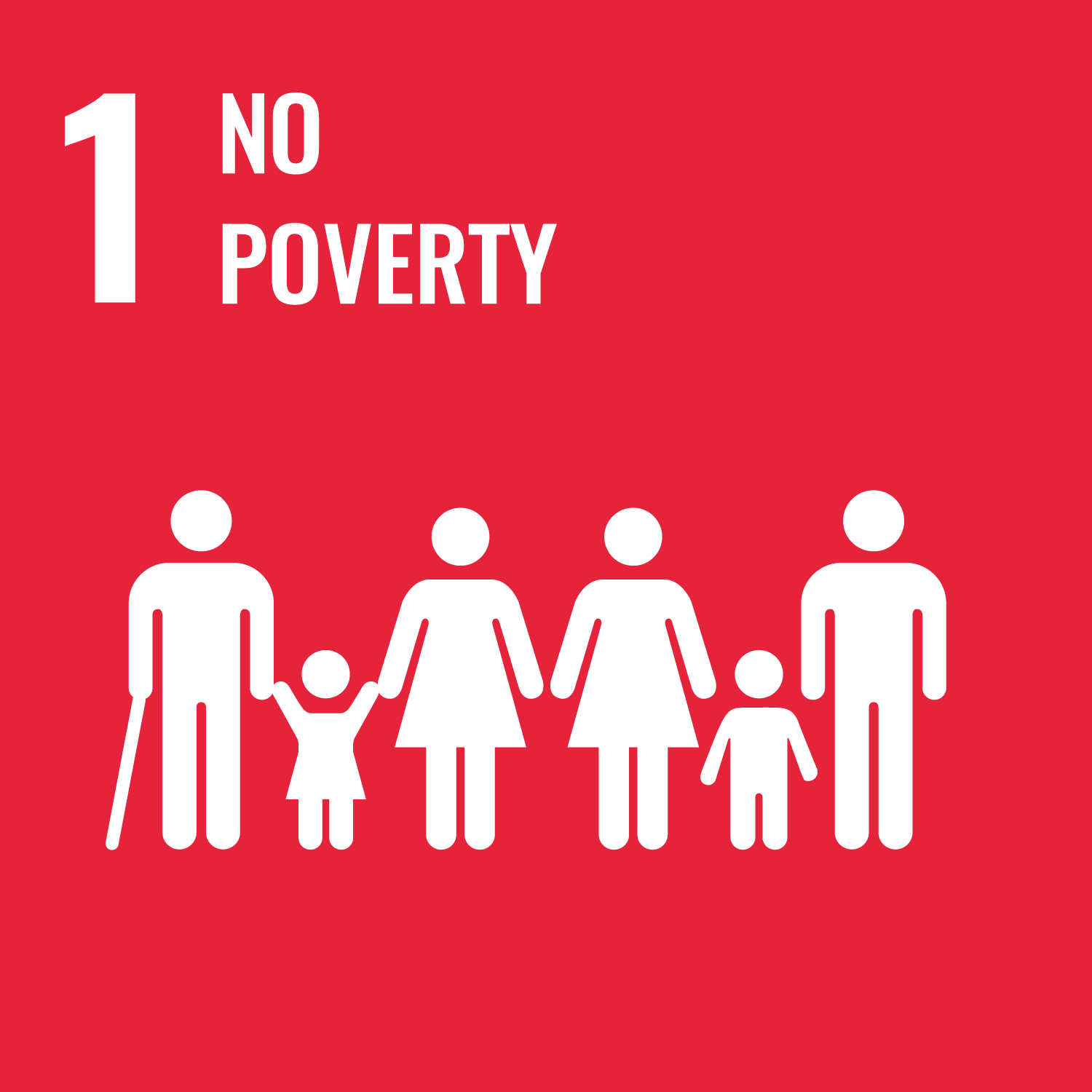
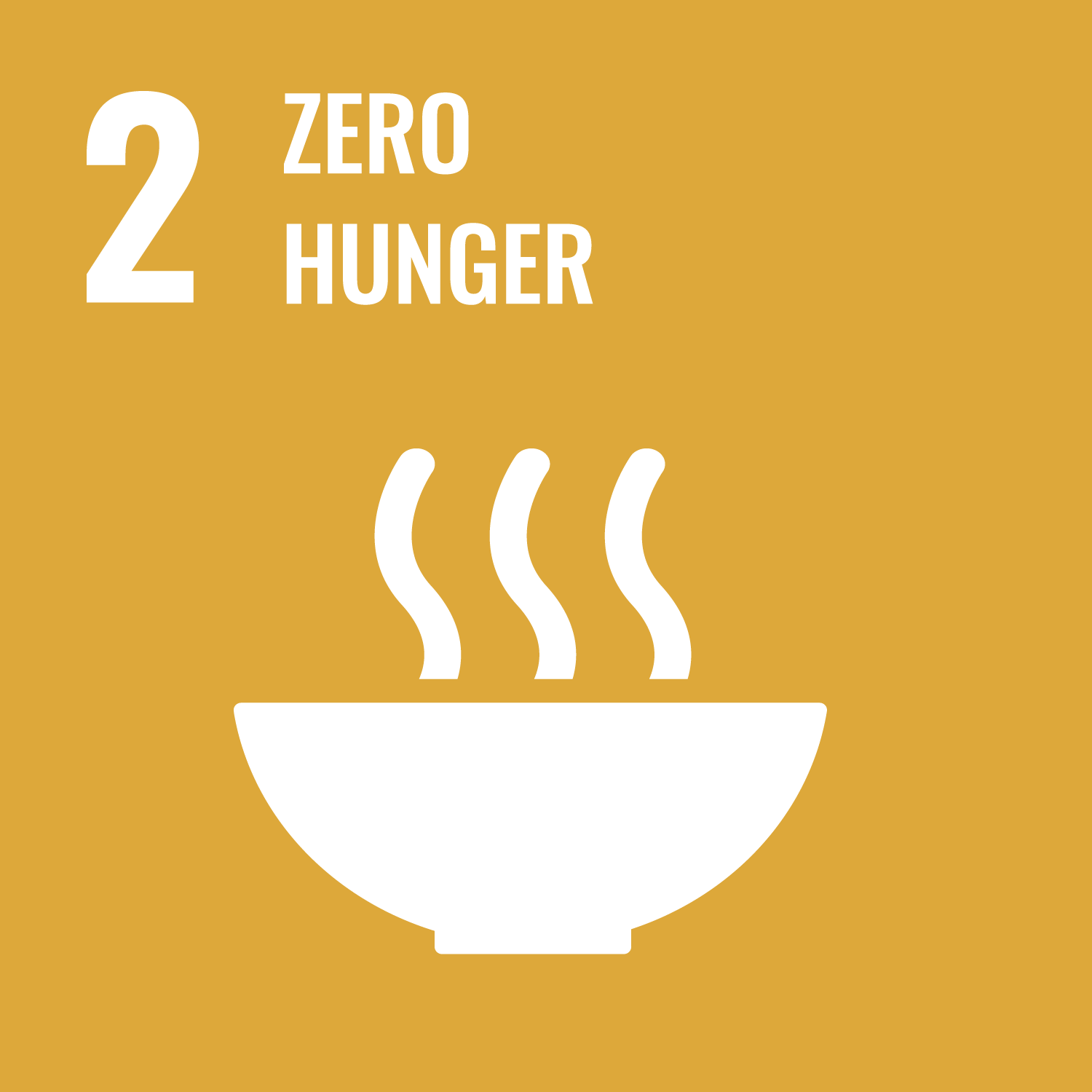


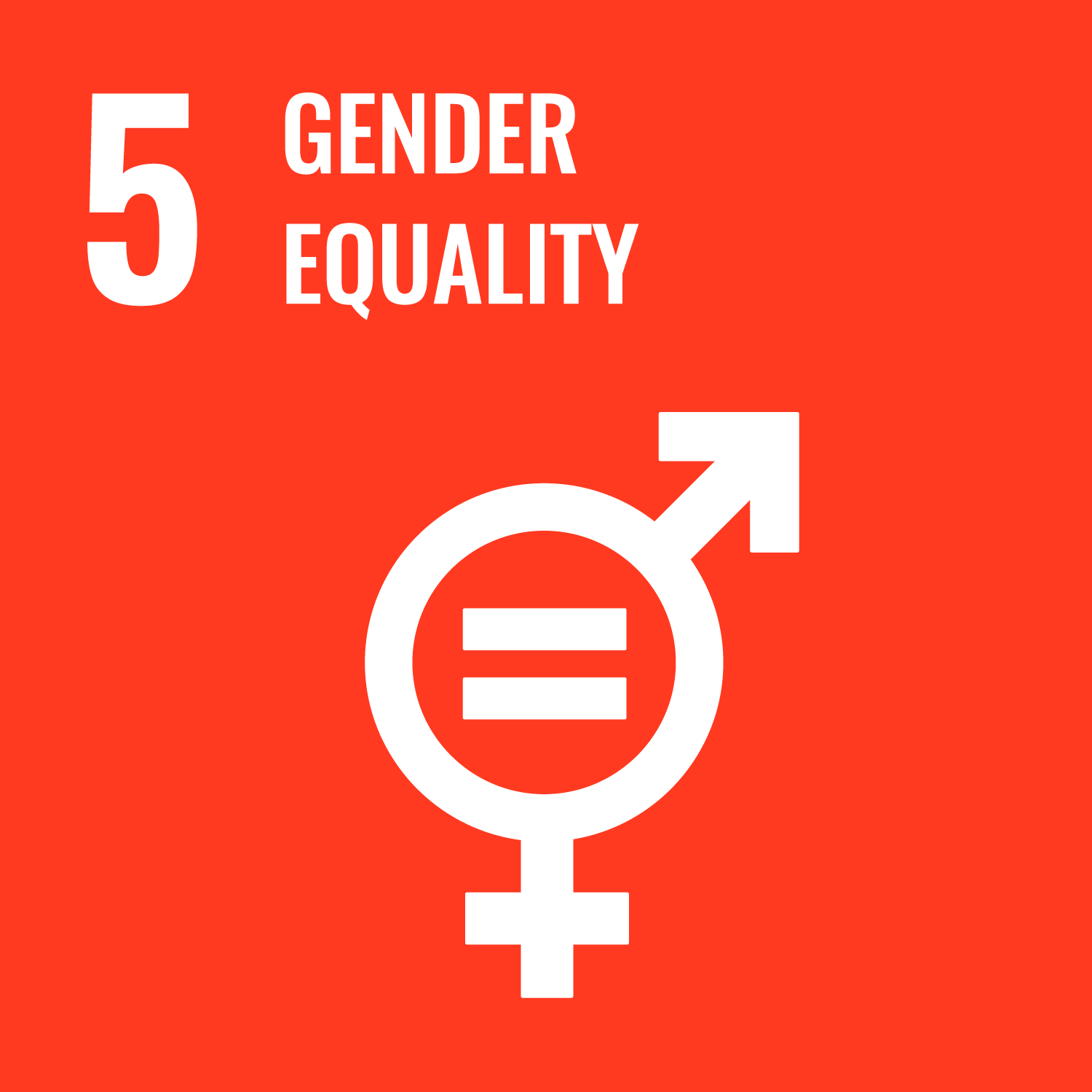
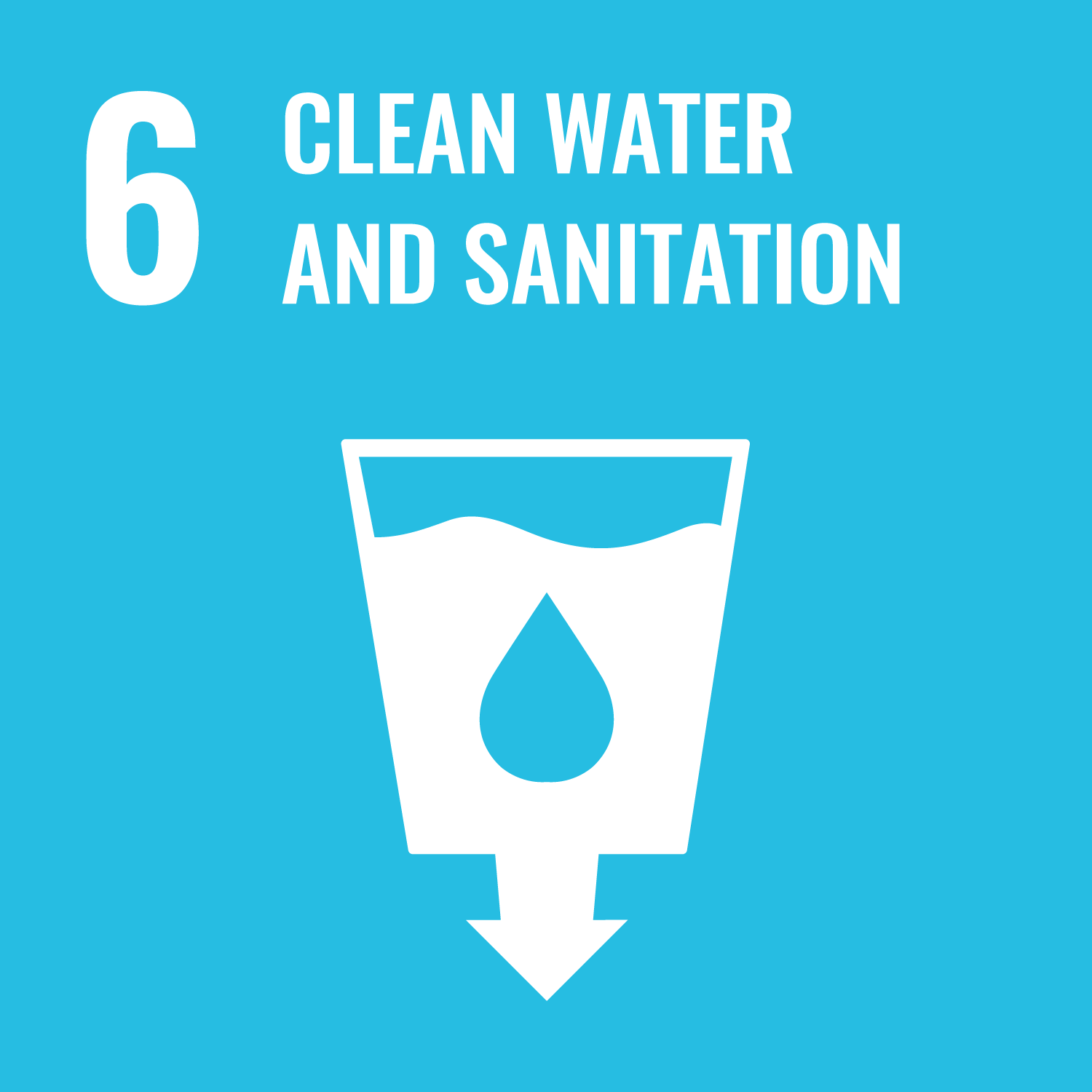







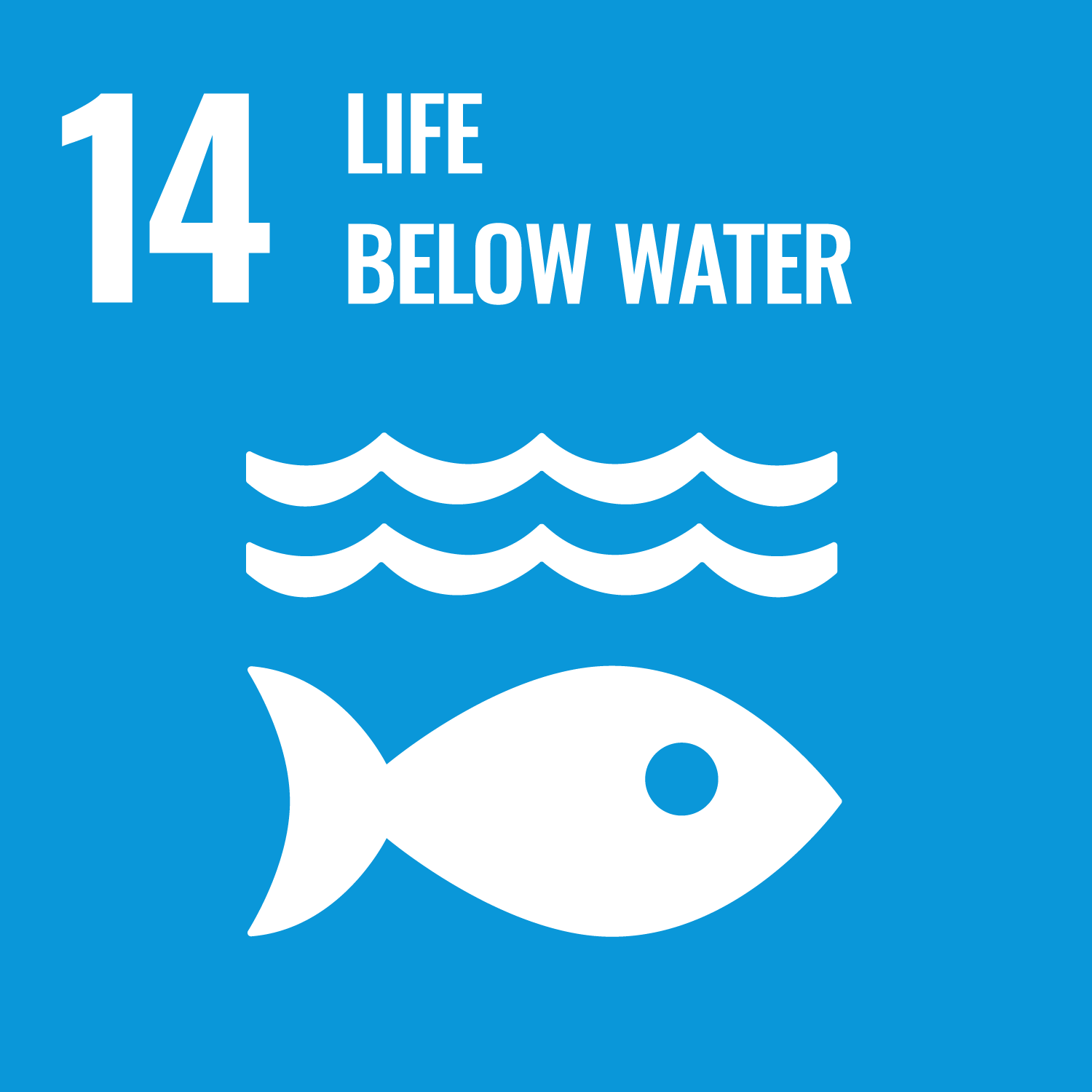
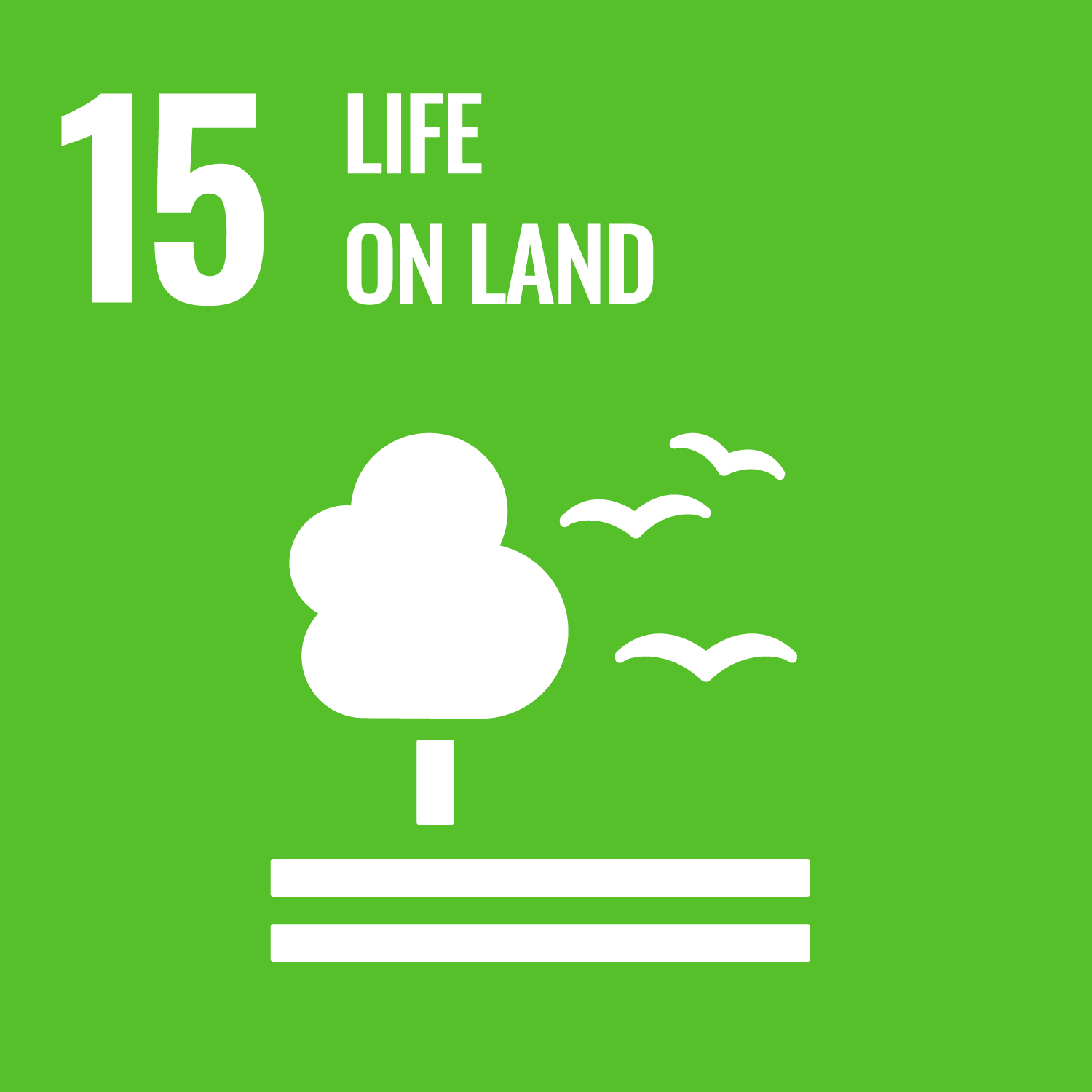

- 1.NO POVERTY
- 2.ZERO HUNGER
- 3.GOOD HEALTH AND WELL-BEING
- 4.QUALITY EDUCATION
- 5.GENDER EQUALITY
- 6.CLEAN WATER AND SANITATION
- 7.AFFORDABLE AND CLEAN ENERGY
- 8.DECENT WORK AND ECONOMIC GROWTH
- 9.INDUSTRY, INNOVATION AND INFRASTRUCTURE
- 10.REDUCED INEQUALITIES
- 11.SUSTAINABLE CITIES AND COMMUNITIES
- 12.RESPONSIBLE CONSUMPTION & PRODUCTION
- 13.CLIMATE ACTION
- 14.LIFE BELOW WATER
- 15.LIFE ON LAND
- 17.PARTNERSHIPS FOR THE GOALS
Last modified : Mon Mar 22 04:08:08 JST 2021
